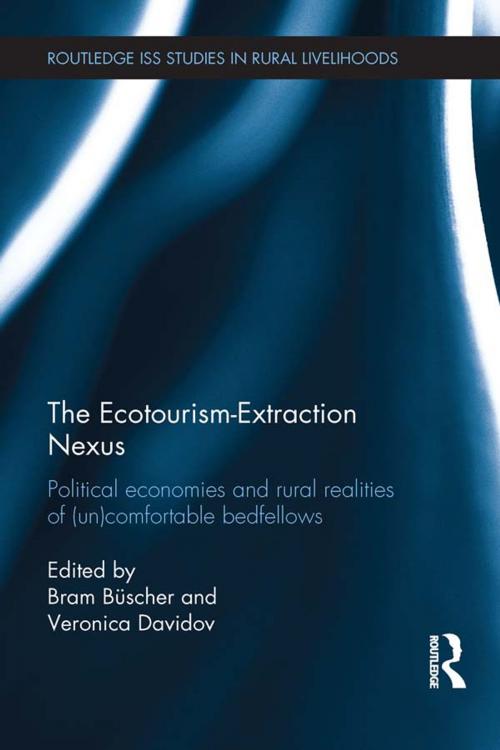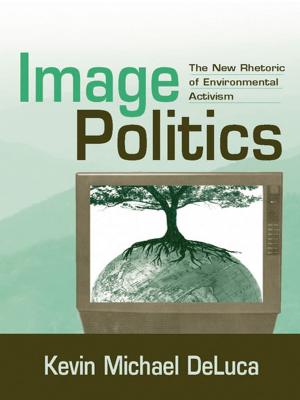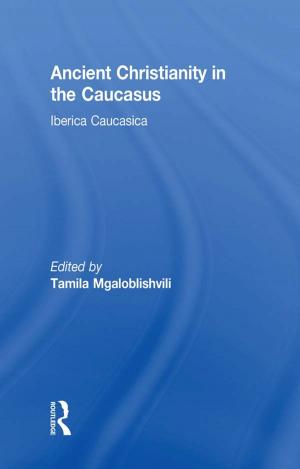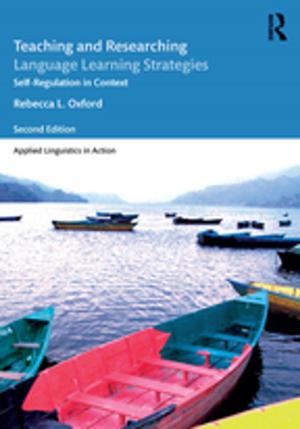The Ecotourism-Extraction Nexus
Political Economies and Rural Realities of (un)Comfortable Bedfellows
Business & Finance, Economics, Economic Development| Author: | ISBN: | 9781135945336 | |
| Publisher: | Taylor and Francis | Publication: | August 15, 2013 |
| Imprint: | Routledge | Language: | English |
| Author: | |
| ISBN: | 9781135945336 |
| Publisher: | Taylor and Francis |
| Publication: | August 15, 2013 |
| Imprint: | Routledge |
| Language: | English |
Ecotourism and natural resource extraction may be seen as contradictory pursuits, yet in reality they often take place side by side, sometimes even supported by the same institutions. Existing academic and policy literatures generally overlook the phenomenon of ecotourism in areas concurrently affected by extraction industries, but such a scenario is in fact increasingly common in resource-rich developing nations.
This edited volume conceptualises and empirically analyses the ‘ecotourism-extraction nexus’ within the context of broader rural and livelihood changes in the places where these activities occur. The volume’s central premise is that these seemingly contradictory activities are empirically and conceptually more alike than often imagined, and that they share common ground in ethnographic lived experiences in rural settings and broader political economic structures of power and control.
The book offers theoretical reflections on why ecotourism and natural resource extraction are systematically decoupled, and epistemologically and analytically re-links them through ethnographic case studies drawing on research from around the world. It should be of interest to students and professionals engaged in the disciplines of geography, anthropology and development studies.
Ecotourism and natural resource extraction may be seen as contradictory pursuits, yet in reality they often take place side by side, sometimes even supported by the same institutions. Existing academic and policy literatures generally overlook the phenomenon of ecotourism in areas concurrently affected by extraction industries, but such a scenario is in fact increasingly common in resource-rich developing nations.
This edited volume conceptualises and empirically analyses the ‘ecotourism-extraction nexus’ within the context of broader rural and livelihood changes in the places where these activities occur. The volume’s central premise is that these seemingly contradictory activities are empirically and conceptually more alike than often imagined, and that they share common ground in ethnographic lived experiences in rural settings and broader political economic structures of power and control.
The book offers theoretical reflections on why ecotourism and natural resource extraction are systematically decoupled, and epistemologically and analytically re-links them through ethnographic case studies drawing on research from around the world. It should be of interest to students and professionals engaged in the disciplines of geography, anthropology and development studies.















